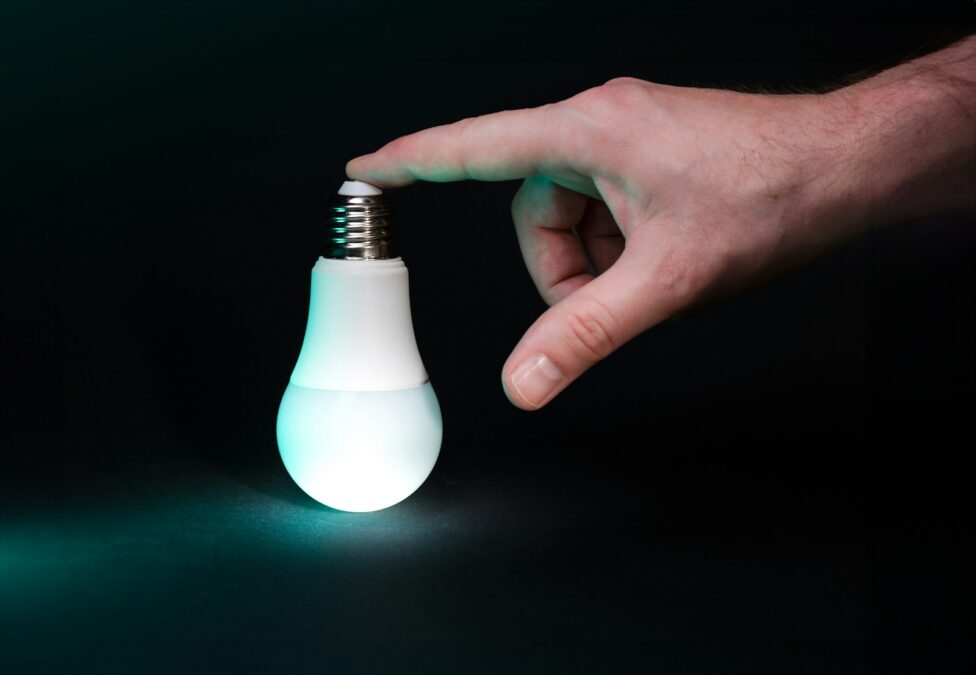The Role of Energy-Efficient Lighting in Sustainable Development
Introduction to Energy-Efficient Lighting Technologies
Energy-efficient lighting technologies have become a pivotal aspect of modern sustainability initiatives. These technologies, which include LED and smart lighting systems, significantly reduce energy consumption while providing the same, if not better, lighting quality compared to traditional solutions. In Saudi Arabia and the UAE, where rapid urban development is paired with ambitious sustainability goals, adopting energy-efficient lighting is not just an environmental imperative but also an economic strategy. The initial investment in these technologies is offset by long-term savings on energy bills and reduced carbon emissions, making them an attractive option for businesses and governments alike.
The implementation of energy-efficient lighting in major cities like Riyadh and Dubai highlights the forward-thinking approach of these nations. By integrating these technologies into public infrastructure and private developments, both countries are positioning themselves as leaders in sustainable urban development. The benefits extend beyond environmental impact, encompassing economic growth through the creation of new industries and job opportunities related to the manufacture, installation, and maintenance of these advanced lighting systems.
Business Implications of Energy-Efficient Lighting
For business executives, mid-level managers, and entrepreneurs, the adoption of energy-efficient lighting technologies presents a unique opportunity to enhance operational efficiency and brand reputation. Companies in Saudi Arabia and the UAE that prioritize sustainability through energy-efficient lighting are often perceived more favorably by stakeholders, including customers, investors, and regulatory bodies. This positive perception can lead to increased customer loyalty, better investment prospects, and a competitive edge in the marketplace.
Moreover, the transition to energy-efficient lighting aligns with broader trends in corporate social responsibility (CSR) and environmental, social, and governance (ESG) criteria. Businesses that integrate these technologies into their operations demonstrate a commitment to sustainable practices, which can be a decisive factor for investors who are increasingly prioritizing ESG metrics in their investment decisions. The long-term cost savings from reduced energy consumption also contribute to improved financial performance, making energy-efficient lighting a strategic investment.
The Technological Innovations Driving Change
Technological advancements in energy-efficient lighting have been rapid and transformative. Innovations such as smart lighting systems, which use sensors and IoT connectivity to optimize lighting based on occupancy and natural light levels, are at the forefront of this change. These systems not only reduce energy usage but also enhance the user experience by providing customizable lighting environments. In the context of Saudi Arabia and the UAE, where energy efficiency is a national priority, the adoption of smart lighting solutions is particularly relevant.
Another significant development is the improvement in LED lighting technology. LEDs are more durable and consume significantly less energy than traditional incandescent bulbs. They also offer greater flexibility in terms of design and application, from residential settings to large-scale commercial and industrial uses. The integration of LEDs with renewable energy sources, such as solar power, further enhances their sustainability credentials, making them an ideal choice for eco-conscious businesses and urban planners in Riyadh and Dubai.
Strategic Implementation of Energy-Efficient Lighting
Effective Change Management for Lighting Upgrades
Implementing energy-efficient lighting technologies requires effective change management strategies. Business leaders and project managers must navigate the complexities of transitioning from traditional lighting systems to more advanced solutions. This process involves not only the technical aspects of installation and integration but also addressing the cultural and behavioral changes within the organization. For instance, staff training and awareness programs are essential to ensure that employees understand the benefits and proper use of new lighting systems.
In Saudi Arabia and the UAE, where large-scale infrastructure projects are common, coordinated efforts between government bodies, private sector companies, and technology providers are crucial. Change management frameworks that emphasize stakeholder engagement, clear communication, and continuous monitoring can facilitate smooth transitions. By adopting a structured approach to change management, organizations can minimize disruptions and maximize the benefits of energy-efficient lighting technologies.
Executive Coaching for Sustainable Leadership
Executive coaching services play a vital role in guiding business leaders through the complexities of adopting energy-efficient lighting technologies. These services help executives develop the necessary skills to lead sustainability initiatives effectively. In the dynamic business environments of Riyadh and Dubai, where innovation and sustainability are key drivers of growth, executive coaching can provide the strategic insights and leadership development needed to succeed.
Coaching programs tailored to the specific needs of leaders in Saudi Arabia and the UAE focus on enhancing decision-making capabilities, fostering a culture of innovation, and promoting effective communication. By empowering leaders with the tools and knowledge to champion energy-efficient lighting initiatives, executive coaching contributes to the broader sustainability goals of their organizations and the region as a whole.
Conclusion: The Future of Energy-Efficient Lighting
The future of energy-efficient lighting in Saudi Arabia and the UAE is promising, driven by continuous technological advancements and a strong commitment to sustainability. As these nations continue to prioritize green technologies, the adoption of energy-efficient lighting will play an increasingly central role in achieving their environmental and economic objectives. For businesses, embracing these technologies offers a pathway to enhanced operational efficiency, improved financial performance, and a stronger competitive position.
By integrating energy-efficient lighting into their strategies, companies can not only reduce their environmental footprint but also contribute to the broader sustainability goals of their communities and countries. In doing so, they position themselves as leaders in the global movement towards a more sustainable and energy-efficient future.
—
#sustainability #energyefficiency #SaudiArabia #UAE #Riyadh #Dubai #greentechnology #businesssuccess #managementconsulting #leadershipskills

